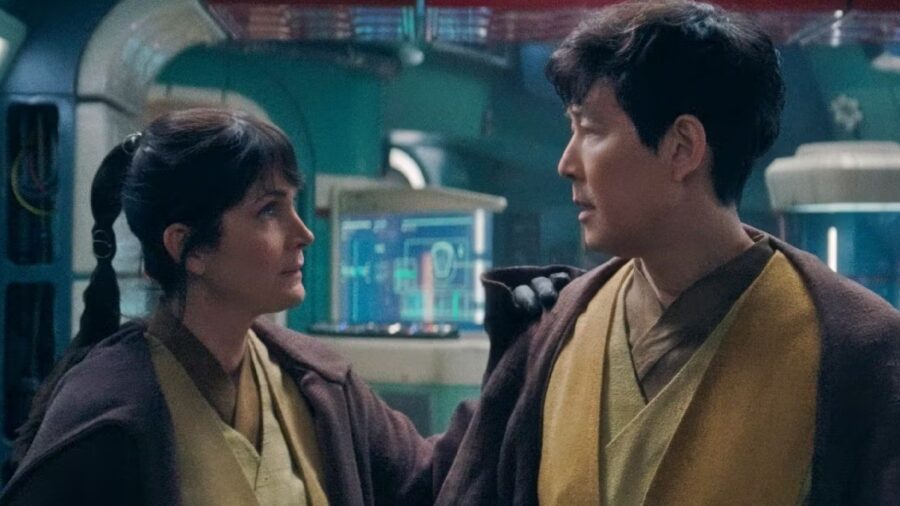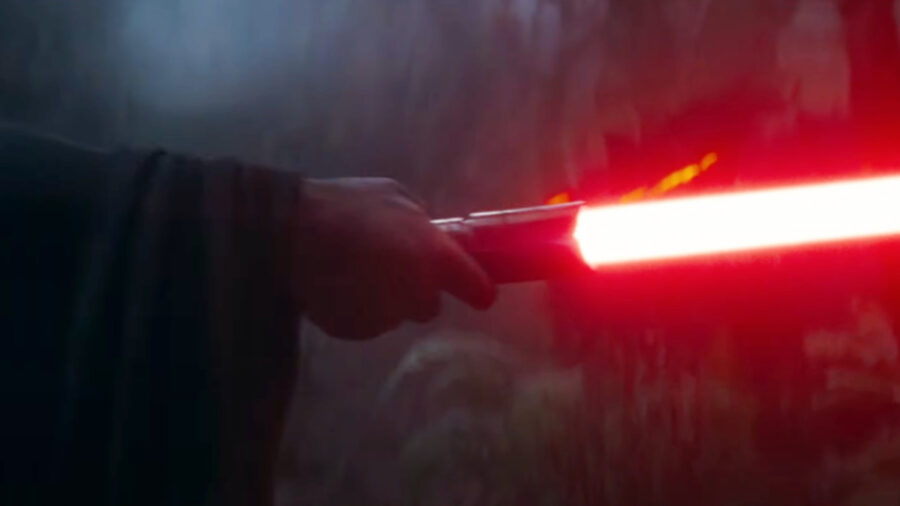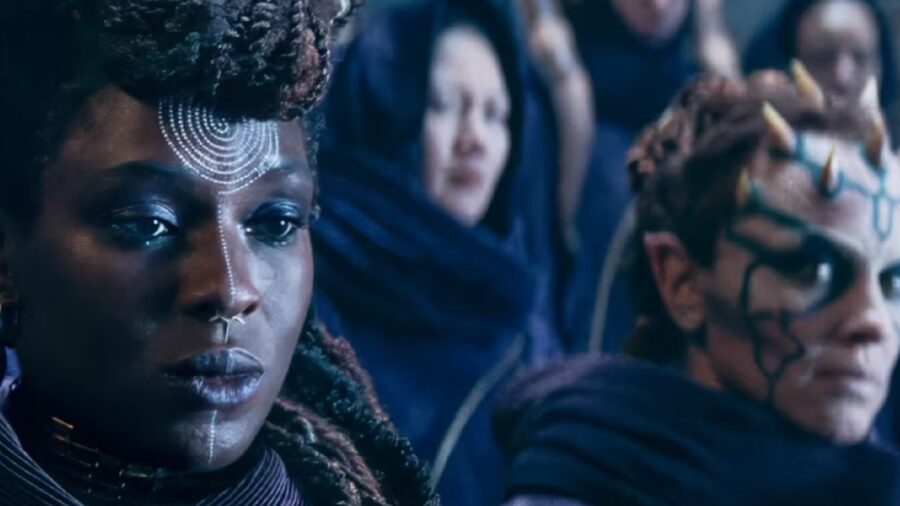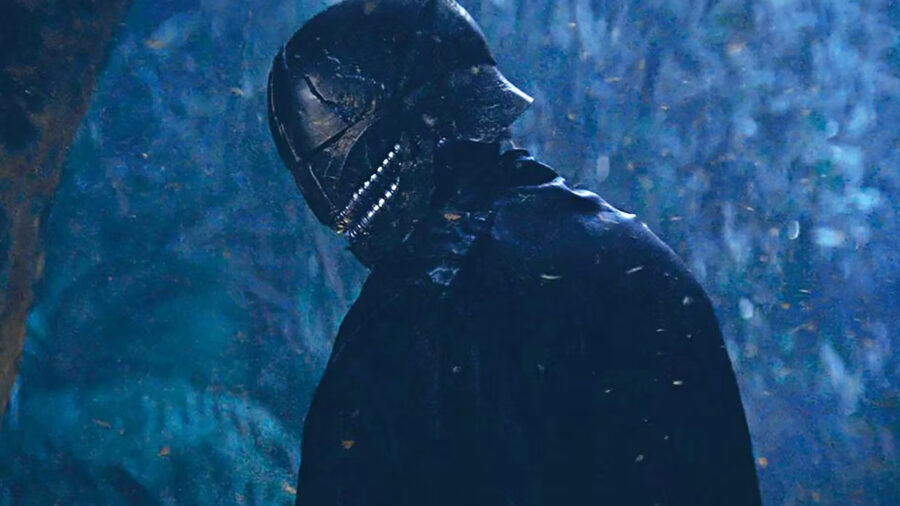The Acolyte Divides Star Wars Fans For An Easily Fixable Reason

After Disney gave us disappointing series featuring Boba Fett and Obi-Wan Kenobi, it has been surprising that their most divisive show has been The Acolyte. After all, the show has hardly any familiar faces and is deliberately set well before the Prequel Trilogy, allowing the writers to explore a galaxy where the Jedi are at the height of their power. There are many reasons why the show is so divisive (begun, the culture wars have), but I think the problem is simple and could have easily been fixed: the series has absolutely awful pacing, a problem made worse thanks to the short runtimes.
No Restrictions

For TV writers in the streaming era, it has been very liberating not having to write within time restrictions–for example, writing exactly 42 minutes of episode so that the remaining time in an hour-long show can be filled with commercials.
On paper, this would have been a benefit for The Acolyte, allowing for perfectly-paced Star Wars stories that always leave us wanting more. That only works, though, if the writers understand the most basic concepts of dramatic storytelling.
The Narrative

To begin understanding the pacing problem with this show, it’s important to understand how relatively little has happened over the course of The Acolyte.
As of this writing, the show has aired seven episodes and only has one more left to go. But the story it is telling–about Force-sensitive twins, Jedi betrayal, and the rise of yet another Dark Jedi–is remarkably barebones, without enough narrative meat to fill even a short film.
Short Runtimes

Just as Luke Skywalker’s feelings betrayed the existence of Leia to Darth Vader, The Acolyte’s short runtimes reveal how little story we really have. Minus end credits, the fourth episode was less than half an hour long; other episodes were longer, but episode 3 was almost as bad, clocking in at barely over half an hour.
The truth is quite clear: audiences are now getting far less content than we would have gotten if this was an ABC hour-long series rather than a “premium” show on Disney+.
Short episodes aren’t inherently bad, of course, but as I’ve already detailed, these scant runtimes seem like nothing more than a byproduct of having very little story to tell.
That in itself is bizarre because Disney didn’t have to make this an 8-episode series. If The Acolyte was a 6 or even 5-episode series, we might have gotten episodes that felt meatier and more meaningful.
Soap Opera

However, even if the episode count was reduced and the runtime increased, The Acolyte would still have a major problem with its pacing. Most episodes end on arbitrary cliffhangers, and it seems like the writers worked backward from the cliffhanger, padding the episodes out with just enough empty fluff to make the good stuff seem worth the wait.
That’s particularly true of the super-short episode 4, whose admittedly great cliffhanger ending made everything leading into it feel like a meandering setup.
Giving credit where it’s due, the fifth episode delivered a killer lightsaber battle at the beginning that was better than almost any duels in the Sequel Trilogy (admittedly a low bar to clear).
After that frantic fight, though, things slow down to a snail’s pace so that we can get a twin switcheroo plot, a plot almost as hacky as having a long-lost twin show up out of nowhere. It’s official: this show has the writing of a soap opera as well as the aesthetic of one ($22 million per episode, y’all).
Better Pacing

Obviously, the writing of The Acolyte has many problems, and the culture war outrage over a show featuring three Black female Force users was completely inevitable, so the show was always destined to have at least a few very staunch critics.
However, I believe that if the show just had better pacing and a more substantial story, it would be far less divisive across the entire fandom. That sadly didn’t happen, though, and as Padme might say, this is how The Acolyte dies…without thunderous applause.











